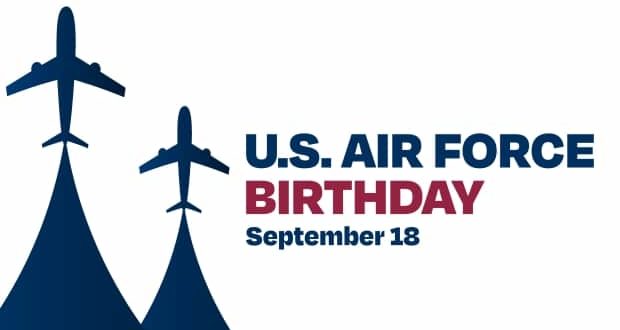
National Kindergarten Day is celebrated annually on April 21st to honor the birthday of Friedrich Wilhelm August Fröbel (1782–1852), the German educator who founded the first kindergarten in 1837. Fröbel’s innovative approach emphasized the importance of play, creativity, and hands-on learning in early childhood education, laying the foundation for the modern kindergarten system.
Fröbel believed that young children learn best through structured play and interaction with their environment. He coined “Kindergarten,” meaning “children’s garden,” to reflect his vision of nurturing children’s development in a natural and supportive setting. His educational philosophy has profoundly influenced early childhood education worldwide.
History of National Kindergarten Day
National Kindergarten Day is observed every year on April 21st to honor the birth of Friedrich Wilhelm August Fröbel (1782–1852), the German educator who founded the first kindergarten in Bad Blankenburg, Germany, in 1837.
Who Was Friedrich Fröbel?
Fröbel was a pioneer in early childhood education. Before those ideas became mainstream, he believed children learn best through play, creativity, and exploration. He coined the term “Kindergarten,” meaning “children’s garden,” to describe a place where young kids could grow and flourish like plants in a garden.
His philosophy centered around:
- Structured play as a method of learning
- Hands-on activities, especially using objects called Fröbel Gifts (wooden blocks, balls, and shapes)
- Nature, music, art, and storytelling in education
- Treating children as active learners, not passive recipients of knowledge
The first U.S. kindergarten was started in 1856 by Margarethe Schurz, a German immigrant and Fröbel disciple, in Watertown, Wisconsin. It was conducted in German and inspired the spread of kindergartens nationwide. The first English-speaking kindergarten followed shortly in Boston in 1860, launched by Elizabeth Peabody, another Fröbel follower.
The Importance of National Kindergarten Day
- The importance of early childhood education
- The lasting impact of Fröbel’s philosophy
- The teachers and caregivers who nurture young learners every day
It’s also a great time to reflect on how far education has come and recognize how kindergartens build the foundation for lifelong learning.
Want some fun ways to celebrate with kids or in the classroom? I can share activity ideas, too!
How to Celebrate
Educators, parents, and communities can observe National Kindergarten Day by:
- Engaging in creative activities: Incorporate art, music, storytelling, and nature exploration into the day’s activities, reflecting Fröbel’s emphasis on holistic learning.
- Recognizing educators: Show appreciation for kindergarten teachers and staff who play a crucial role in children’s early development.
- Learning about Fröbel’s contributions: Explore resources and literature on Fröbel’s educational methods and their impact on modern teaching practices.
Celebrating this day serves as a reminder of the significance of early childhood education and the lasting influence of Fröbel’s pioneering work.
1. A kindergarten teacher was observing the children while they drew. She would occasionally walk around to see each child’s artwork. As she got to Little Johnny, who was working diligently, she asked what his drawing was.
Little Johnny replied, “I’m drawing God.”
The teacher paused and said, “But no one knows what God looks like.”
Without missing a beat or looking up from his drawing, Little Johnny replied, “They will in a minute.
2. A kindergarten class had a homework assignment to find out about something exciting and relate it to the class the next day. When the time came to present what they’d found, the first little boy walked up to the front of the class, made a small white dot on the blackboard, and sat back down again.
Puzzled, the teacher asked him just what it was. “It’s a period.” said the little boy. “Well, OK, I can see that now,” she said, “but what’s so exciting about a period?” “Damned if I know,” said the little boy, “but this morning, my 14-year-old sister was missing one; Dad had a heart attack, Mum fainted, and the man next door shot himself.
3. A boy in kindergarten raises his hand to ask a question.
He asks: “can people my age have kids?”
The teacher answered: “no, they cannot.”
The boy looks at the girl sitting by his side and says: “Told you not to worry”
Here are some tips to prepare your kids for preschool.
Stepdads, Support for Stepdads is just a tap away! We’re excited to introduce the mobile version of our trusted site, offering the same wealth of resources, expert advice, and community connection as our desktop site —now optimized for your phone or tablet. Whether you’re seeking tips on bonding with stepchildren, navigating co-parenting, or finding encouragement from others who understand, this mobile site ensures help is always at your fingertips. Accessible anytime, anywhere, Support for Stepdads is your go-to resource for thriving in your unique role. Empower your journey today —your family will thank you!





